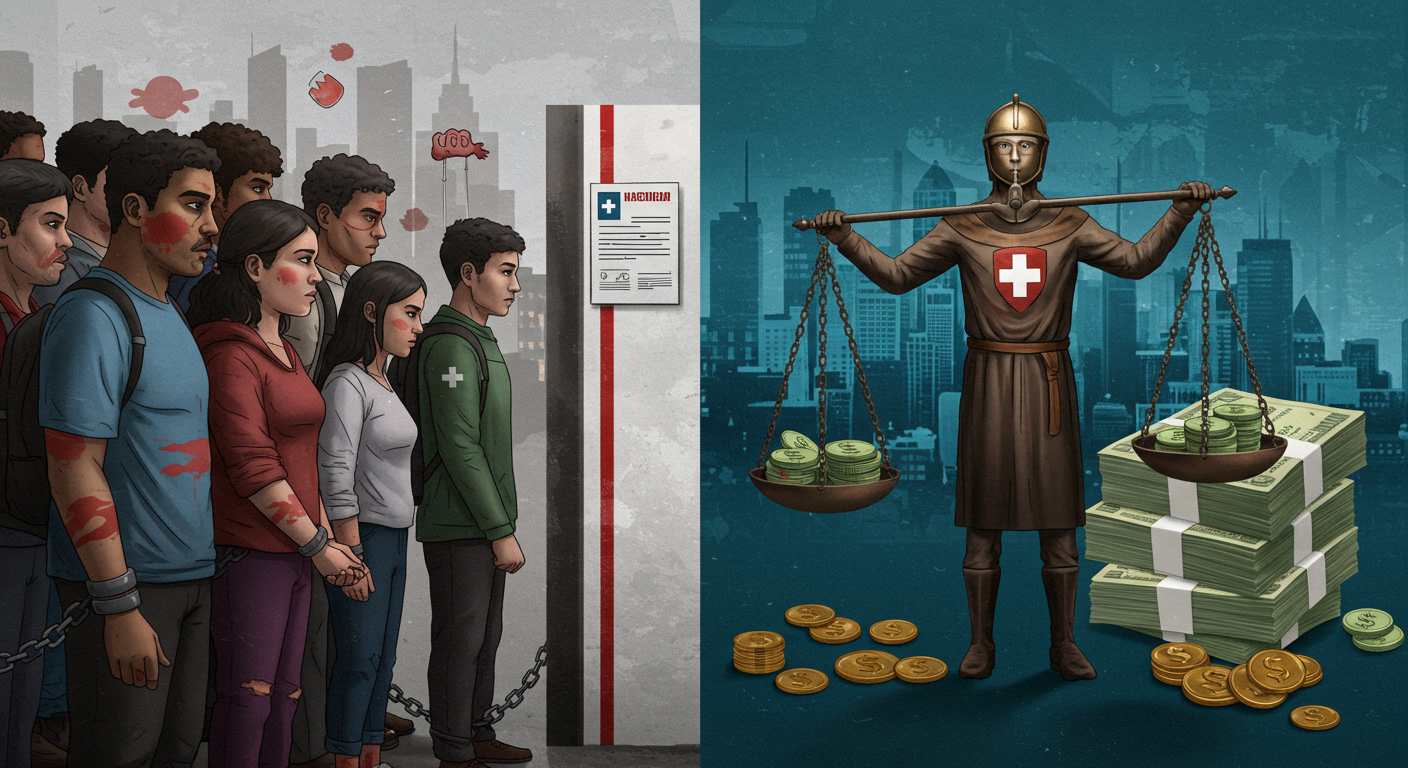
The latest directive from the Donald Trump administration, making it potentially harder for individuals with certain health conditions to obtain US visas, has certainly given me pause. As reported by The Times of India, the State Department is now instructing consular officers to weigh an applicant’s medical history and their ability to afford treatment without relying on government assistance when determining visa eligibility ‘Immigrant could become public charge’: Getting a US visa may get harder for many – who's affected?.
This expansion of the 'public charge' rule, which was previously rolled back by the Biden administration in 2022, is a significant shift. It means a broader range of conditions—from cardiovascular diseases and cancers to diabetes and mental health issues—could now factor into an applicant's fate. The article highlights how officials are expected to apply this primarily to those seeking permanent residency, but the implications are far-reaching.
I find myself reflecting on the complexities of such policies. On one hand, nations have a right to manage their resources and ensure the self-sufficiency of new entrants. On the other, policies like this can inadvertently create barriers that discriminate, or lead to what immigration attorney Charles Wheeler of the Catholic Legal Immigration Network described as “arbitrary decisions.” He aptly noted that officers “are not medically trained” to predict a person’s health trajectory. Similarly, Sophia Genovese, an immigration lawyer at Georgetown University, voiced concern that the language encourages officials to “speculate on the cost of applicants’ medical care” without proper expertise, leading to unpredictable and potentially biased outcomes.
This discussion immediately brings to mind my observations from years ago regarding the prohibitive costs of healthcare in the United States. In my blog, Outsourcing Has Many Names!, I highlighted a joint study by FICCI and HOSMAC that showed how US citizens could save significant amounts by traveling to India for medical treatments like angioplasty or bypass surgery. The core idea I wanted to convey then, and which rings true now, is that the sheer expense of medical care in the US is a burden even for its own citizens. Reflecting on it today, it's striking how relevant that earlier insight still is. This directive, requiring immigrants to prove their ability to cover potentially enormous future medical costs, will disproportionately affect those from lower-income countries, as the Times of India article rightly points out. It seems we are witnessing a validation of my earlier observation about the systemic challenges posed by US healthcare costs.
Adding another layer to this complexity is the seemingly contradictory stance on social welfare programs. While the federal government tightens its 'public charge' rules based on health, the New York State Office of Temporary and Disability Assistance (OTDA) explicitly clarifies that participation in the Supplemental Nutrition Assistance Program (SNAP) does not affect a person’s immigration status or ability to become a lawful permanent resident, and will not be considered in a public charge determination Frequently Asked Questions | SNAP | OTDA. This highlights a tension between different levels of government and adds to the uncertainty immigrants face.
This focus on subjective evaluation also contrasts sharply with approaches I’ve contemplated in the past. When considering immigration, I once proposed a more structured






No comments:
Post a Comment